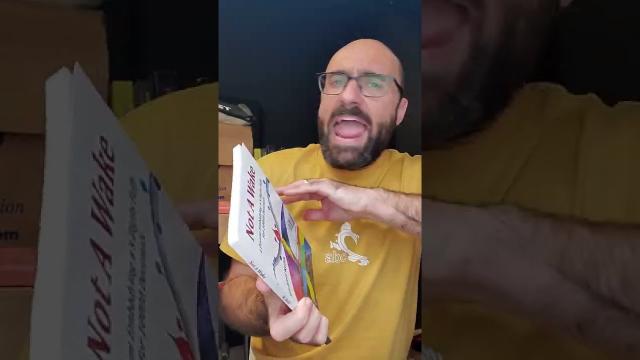Time Travel, Teleportation & Science
Time travel is the concept of moving between different points in time in a manner analogous to moving between different points in space, generally using a theoretical invention, namely a time machine. It has a commonly recognized place in philosophy and fiction, but has a very limited application in real world physics, such as in quantum mechanics or wormholes.
Although the 1895 novel The Time Machine by H. G. Wells was instrumental in moving the concept of time travel to the forefront of the public imagination, The Clock That Went Backward by Edward Page Mitchell was published in 1881 and involves a clock that allowed three men to travel backwards in time.[1][2] Non-technological forms of time travel had appeared in a number of earlier stories such as Charles Dickens' A Christmas Carol. Historically, the concept dates back to the early mythologies of Hinduism (such as the Mahabharata), Buddhism, and Islam through ancient folk tales. More recently, with advancing technology and a greater scientific understanding of the universe, the plausibility of time travel has been explored in greater detail by science fiction writers, philosophers, and physicists.
Teleportation, or Teletransportation, is the theoretical transfer of matter or energy from one point to another without traversing the physical space between them. It has a commonly recognized place in science fiction literature, film, and television, but as yet has a very limited application in real world physics, such as quantum teleportation or the study of wormholes.
Science (from Latin scientia, meaning "knowledge") is a systematic enterprise that builds and organizes knowledge in the form of testable explanations and predictions about the universe. In an older and closely related meaning, "science" also refers to a body of knowledge itself, of the type that can be rationally explained and reliably applied. A practitioner of science is known as a scientist.
In modern usage, "science" most often refers to a way of pursuing knowledge, not only the knowledge itself. It is also often restricted to those branches of study that seek to explain the phenomena of the material universe.
Source : Wikipedia
-
00:53
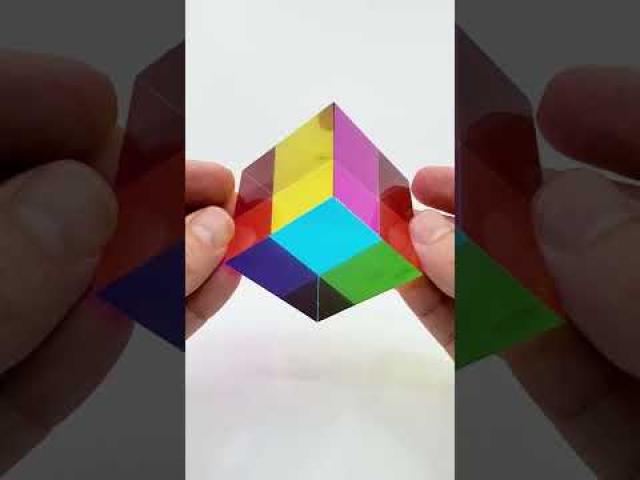
The CMY Cube #shorts
Added 253 Views / 0 Likes#shortsFIND OUT HOW TO GET A FREE BOX: https://www.curiositybox.com/Special thanks to the team at https://cmycubes.com. They're geniuses :)Transmittance graphs from:https://www.researchgate.net/publication/228851824_Experiments_on_subtractive_color_mixing
-
01:49
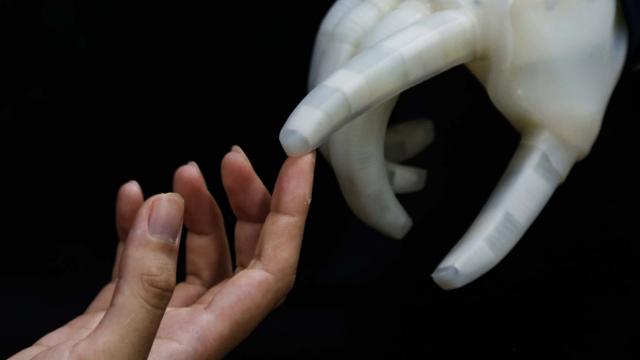
Lending a Hand
Added 252 Views / 0 LikesAn Inflatable robotic hand design gives amputees real-time tactile control and enables a wide range of daily activities, such as zipping a suitcase, shaking hands, and petting a cat. The smart hand is soft and elastic, weighs about half a pound, and costs
-
04:23
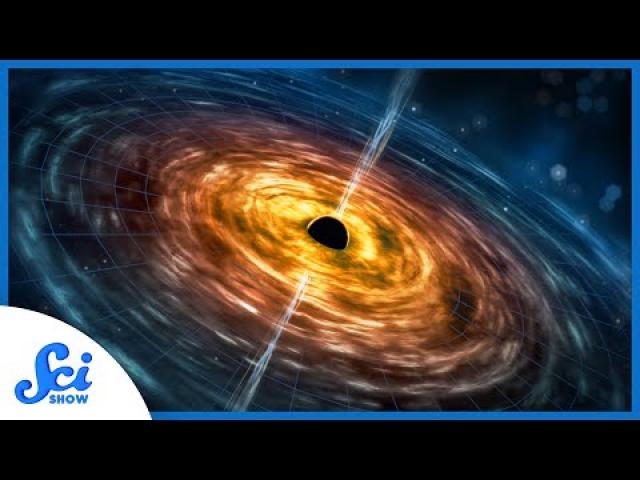
Is the Size of Neutron Stars A Lie, Or Only A FRIB?
Added 252 Views / 0 LikesHave we been wrong about how big neutron stars are this whole time?Hosted By: Hank GreenSciShow is on TikTok! Check us out at https://www.tiktok.com/@scishow----------Support SciShow Space by becoming a patron on Patreon: https://www.patreon.com/SciShowSp
-
00:41
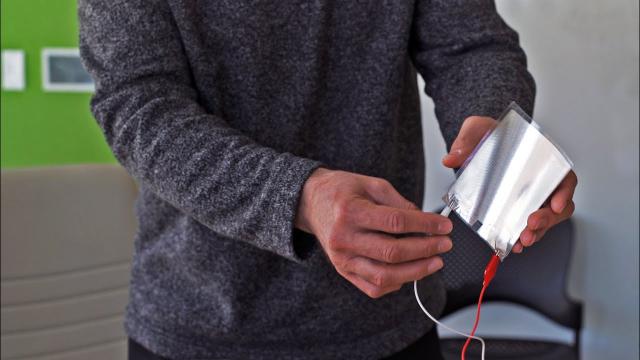
A paper-thin loudspeaker plays "We Are the Champions" by Queen
Added 252 Views / 0 LikesMIT engineers have developed a paper-thin loudspeaker that turn any surface into an audio source. This thin-film loudspeaker produces sound with minimal distortion while using a fraction of the energy required by a traditional loudspeaker. Watch more vide
-
06:19
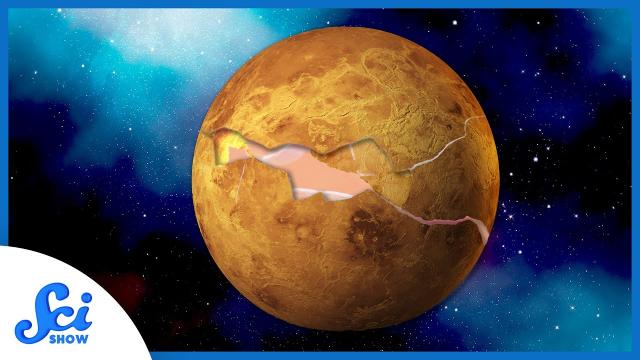
On Venus, You're Walking on Eggshells | SciShow News
Added 251 Views / 0 LikesEarth's thick crust might one of the reasons our planet can support life. But scientists are looking for something a little more brittle.Hosted By: Hank GreenSciShow is on TikTok! Check us out at https://www.tiktok.com/@scishow----------Support SciShow Sp
-
1:10:41
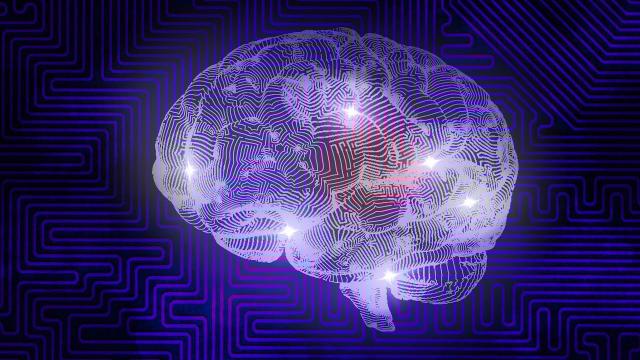
Decoding the Brain
Added 251 Views / 0 Likes#BrianGreene #Neuroscience #BrainHow does the brain retrieve memories, articulate words, and focus attention? Recent advances have provided a newfound ability to decipher, sharpen, and adjust electrical signals relevant to speech, attention, memory and em
-
14:17
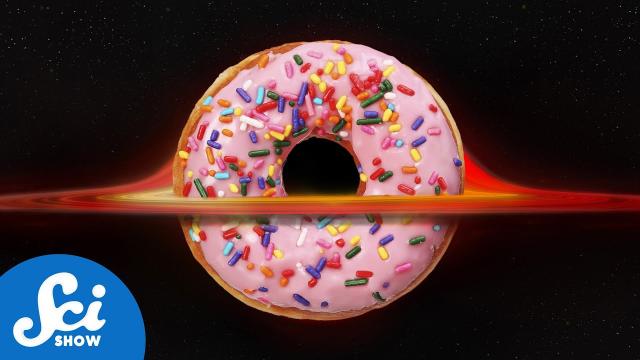
Why Does Physics Love Donuts? | Compilation
Added 251 Views / 0 LikesUnfortunately, the universe isn't made of sugarcoated fried dough. However, here are a few ways donuts are still managing to find their way into the physical world.Hosted by: Savannah Geary (they/them)----------Huge thanks go to the following Patreon supp
-
05:50
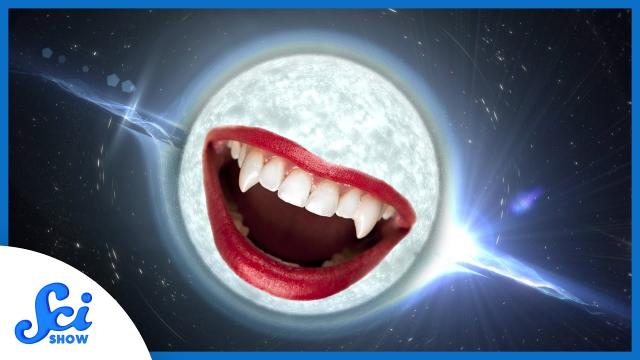
That’s Not a Black Hole, It’s a Vampire
Added 250 Views / 0 LikesWhat was once thought to be a black hole might in fact be a star that feeds on its own kind!Hosted By: Reid Reimers----------Huge thanks go to the following Patreon supporter for helping us keep SciShow Space free for everyone forever: Jason A Saslow and
-
02:50
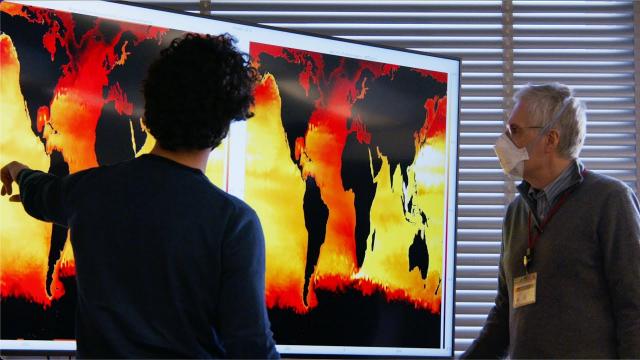
Computing our climate future
Added 250 Views / 0 LikesTo put global climate modeling at the fingertips of local decision-makers, some scientists think it’s time to rethink the system from scratch. Learn more about the Climate Grand Challenge flagship project “Bringing Computation to the Climate Crisis": http
-
04:10
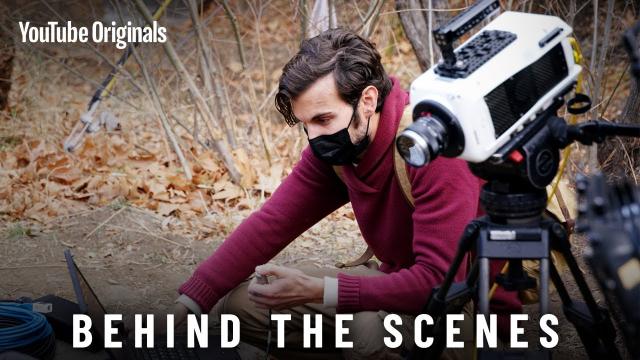
The Incredible YouTubers Who Brought CYSTM: A Quiet Place To Life
Added 249 Views / 0 LikesMain episode: https://youtu.be/ohtrjw0JPK8Meet the wide array of talented YouTube creators & makers we relied on to explore the complex world of sound and hearing (and the other scientific concepts throughout this season).Rikki Poynter: https://youtube.co
-
1:02:21
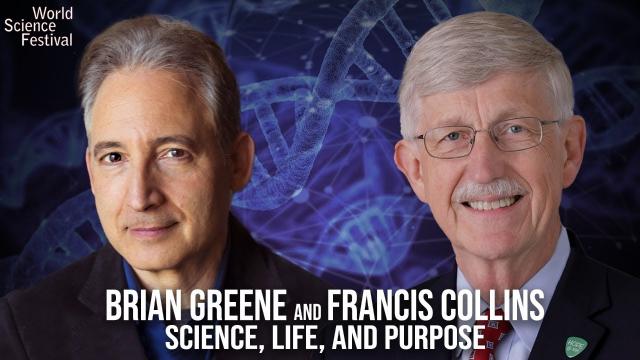
Science, Life, and Purpose: a Conversation With Francis Collins and Brian Greene
Added 249 Views / 0 Likes#BrianGreene #FrancisCollins #livestreamFrancis Collins – leader of the Human Genome Project, Director of the National Institutes of Health across three presidential administrations, and President Biden’s newly appointed Science Advisor – joins Brian Gree
-
12:21
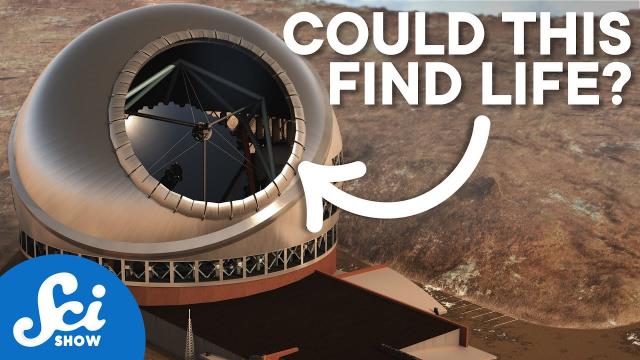
The Future of the Search for Life
Added 249 Views / 0 LikesGet 50% off your SciShow Space calendar today by heading to https://complexlycalendars.com/products/scishowspaceAstronomers have found more than 5,000 planets in the last three decades, but that’s not nearly as exciting as potentially coming across the fi
-
02:24
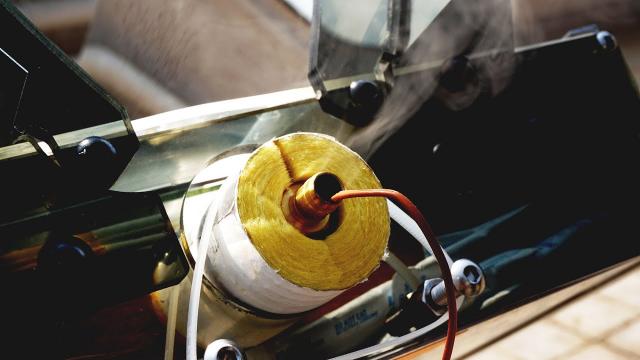
New system can sterilize medical tools using solar heat
Added 248 Views / 0 LikesA team of researchers from MIT and the Indian Institute of Technology has developed a device that could provide pressurized steam to run autoclaves without the need for electricity in off-grid areas such as the developing world. (Learn more: https://news.
-
02:05
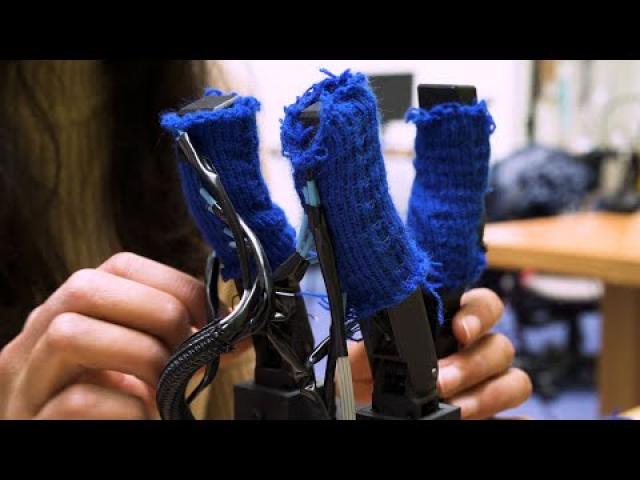
Design your own robotic hand
Added 248 Views / 0 LikesMIT researchers have created an integrated design pipeline that enables a user with no specialized knowledge to quickly craft a customized 3D-printable robotic hand. (Learn more: https://news.mit.edu/2022/hand-robotic-manipulator-design-0525)Watch more vi
-
05:42
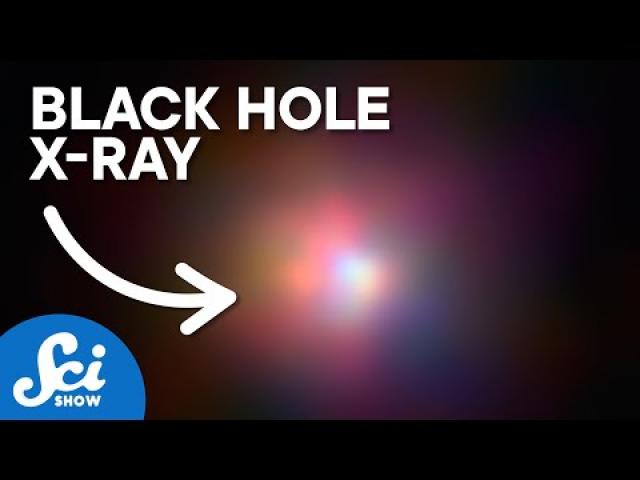
How To X-Ray A Black Hole
Added 248 Views / 0 LikesBlack holes are everywhere, including at the center of our galaxy. But because they’re invisible they’re quite difficult to study. Looking at the disks of material surrounding them, however, can give us tons of clues about how they function, how they form
-
05:41
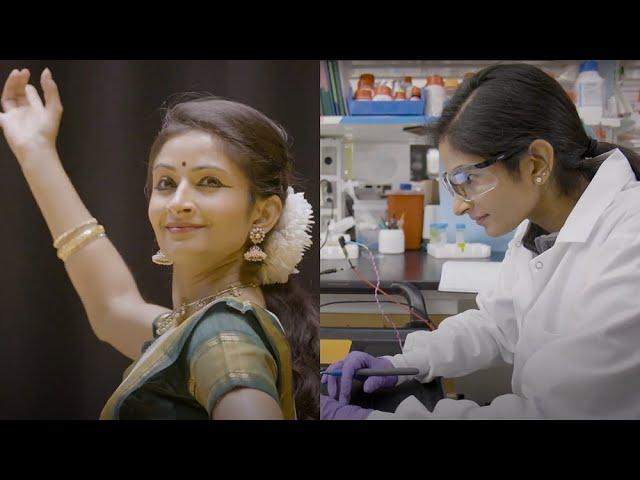
Connecting the human body to the outside world
Added 247 Views / 0 LikesAs a biomedical engineer and a dancer, Research Affiliate Shriya Srinivasan is dedicated to investigating the body’s movements and sensations. Whether in the lab or on stage, “I’m thinking about how we create a sense of feeling,” she says.Watch more video
-
00:59
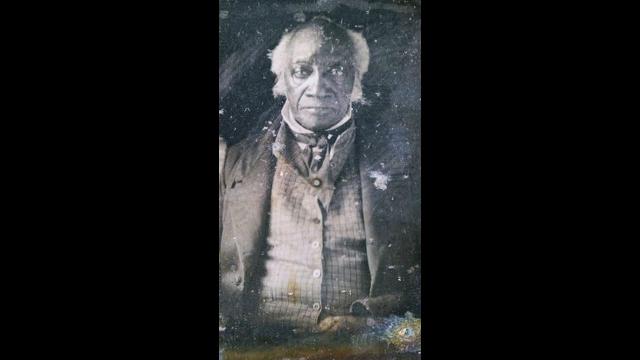
The Earliest-Born Person We Have a Photograph Of #shorts
Added 247 Views / 0 Likes#shorts LEARN MORE:https://benbeck.co.uk/firsts/2_The_Human_Subject/photo1h.htmhttps://en.wikipedia.org/wiki/Caesar_(slave)
-
06:13

There Might be a New Kind of Habitable Planet!
Added 246 Views / 0 LikesStart building your ideal daily routine with Fabulous. The first 100 people who click on the link will get a FREE week trial and 25% OFF Fabulous Premium: https://thefab.co/scishowspace3Extreme environments full of life on Earth have led researchers to ex
-
05:11
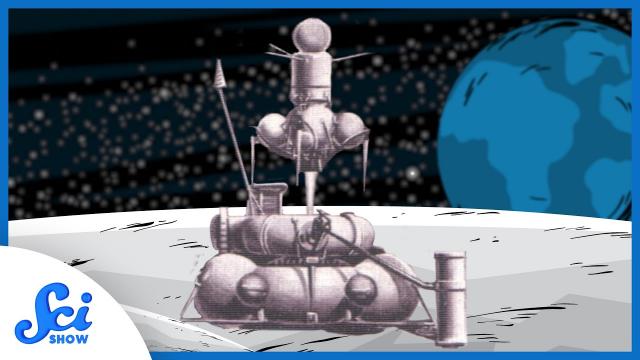
Luna 16: The Mission That (Finally) Could
Added 246 Views / 0 LikesBefore there was a rover named Perseverance, there was a series of missions that earned that name in their own right. Hosted By: Hank GreenSciShow has a spinoff podcast! It's called SciShow Tangents. Check it out at http://www.scishowtangents.org---------

